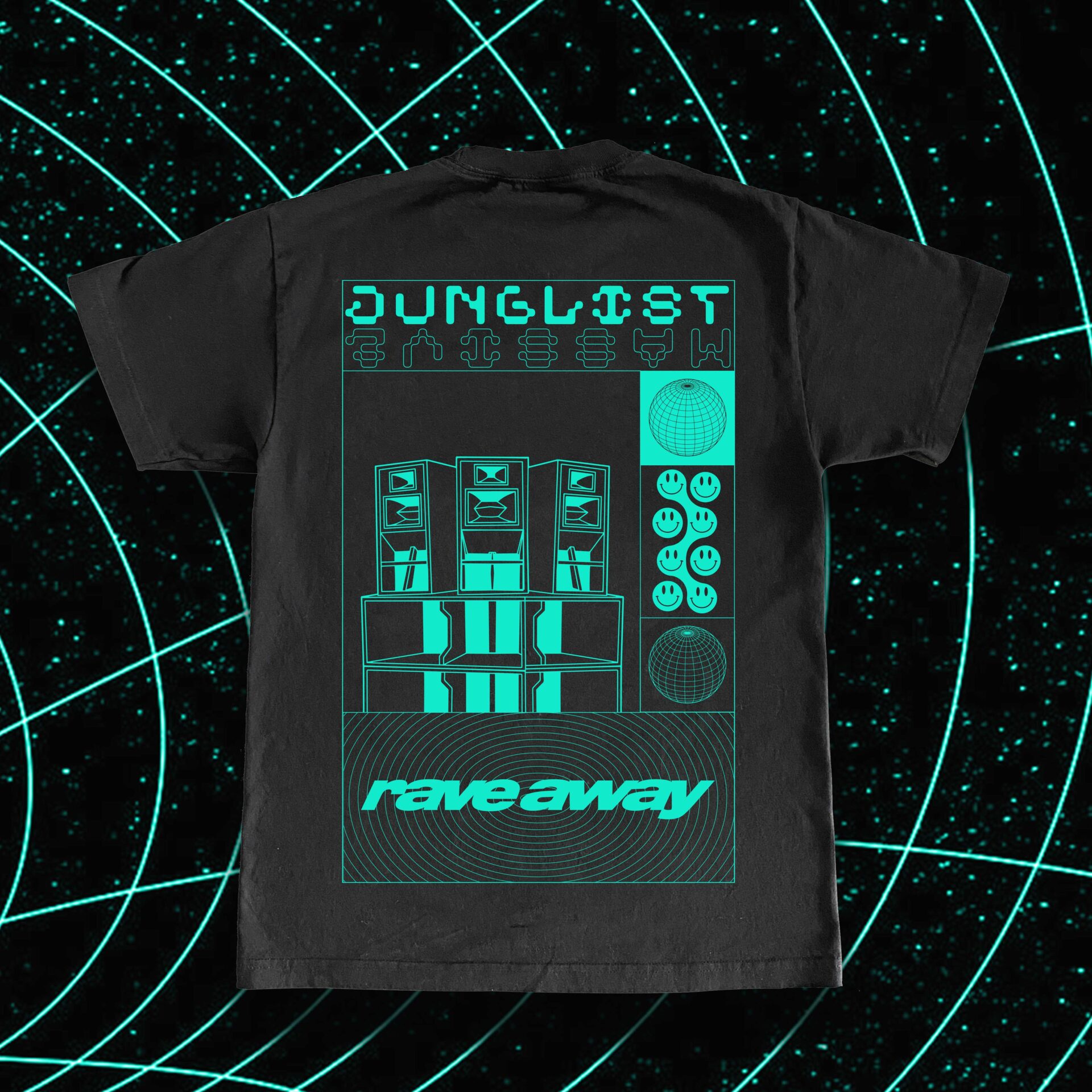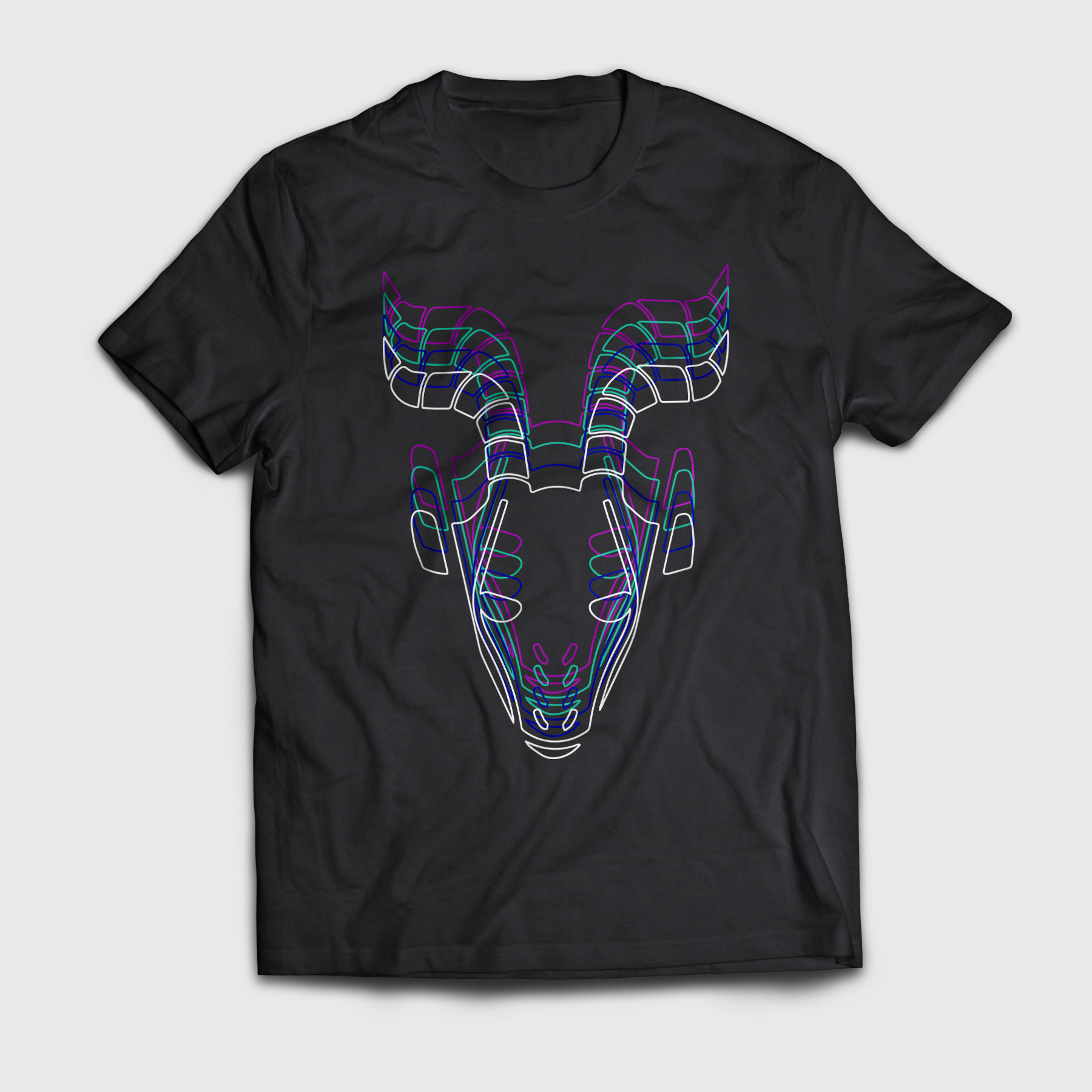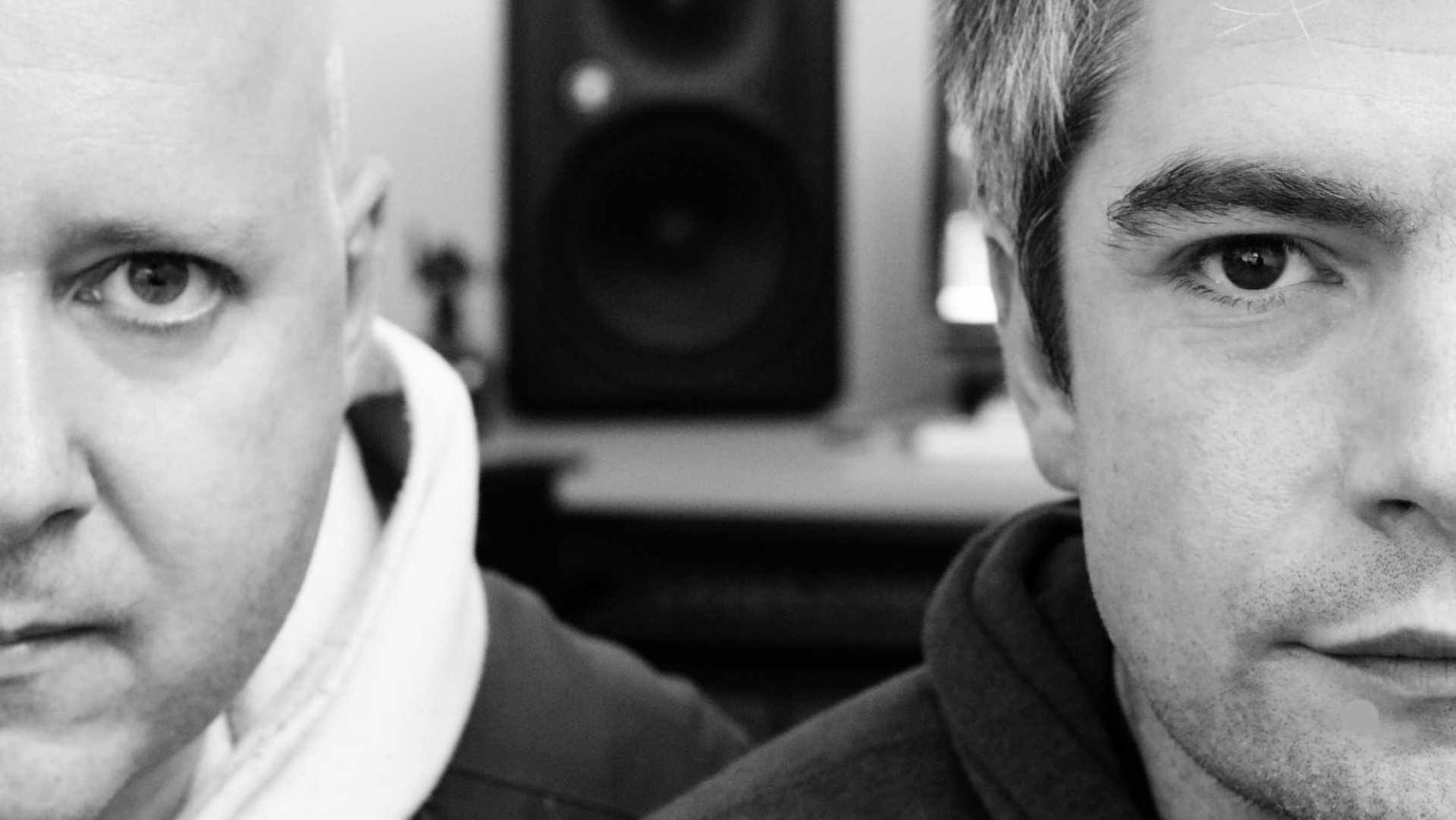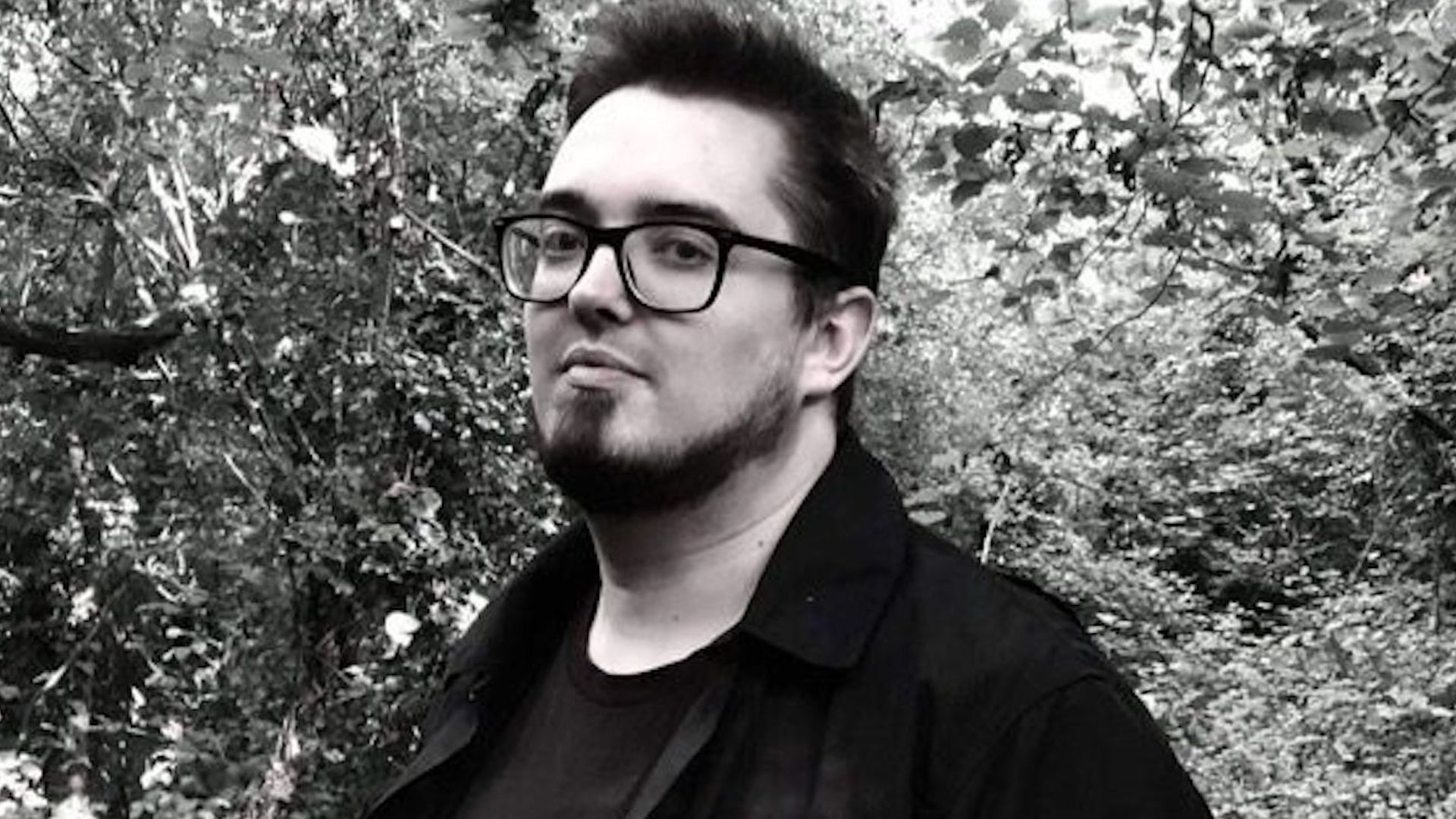One half of Technimatic embarks on solo project with a release on BMT Music .
It’s a funny old time for Wardown’s self-titled LP to drop. It comes to us now, seven months into a pandemic that has disrupted, well, everything, and the themes that it hones in on – dislocation, memory, and a feeling of homesickness for the past – all feel especially potent. Yet this was not meant to be an album about 2020.
“It’s completely unrelated to lockdown, but it’s made me think quite a bit about how it might be received by people,” says Wardown’s creator Pete Rogers, one half of the drum n’ bass duo Technimatic. This is Rogers’ first solo project, which he began last year after the release of Technimatic’s most recent album, Through The Hours. He and Andy Powell had found the record an especially challenging one to finish, and so they agreed to take a long break from writing over the summer of 2019. It was during this time that Rogers’ grandfather, the last remaining relative still living in his hometown Luton, fell ill. Rogers would travel back to the place he had grown up several times to visit his grandfather in hospital, before he eventually passed.
“I found myself having quite strange feelings about Luton,” he says. “I was kind of unmoored from it. And even though I had no connection there left, it still had this strange pull on me.” It’s a feeling that will be familiar to many of us who, like him, have uprooted ourselves to live away from our childhood homes.
Rogers left Luton 20 years ago, followed by his mum, his dad, and his sister, and in recent years returned only occasionally to visit the few friends who were left living there. But now that his last tangible connection to the place, his grandfather, was gone, he was compelled to bring the town he had come from, and the emotions it was stirring, right into the centre of his work. “It was partly nostalgia for my childhood and hearing jungle for the first time and all that stuff,” he says. “But there was something else connected to it, which I couldn’t quite put into words. So that’s when I started thinking about trying to make music.”
There’s a German word, “sehnsucht”, that Rogers says is a close approximation to what he was feeling. The author C.S. Lewis once described it as “the inconsolable longing in the heart for we know not what,” and it has formed a key “touchstone”, according to Rogers, in the atmosphere he was trying to conjure on Wardown. “It’s a kind of nostalgic longing,” he explains. “It’s a weird feeling in terms of, when I try to evoke it it disappears. I always have to look at it through the corner of my eye to get a little sense of it.”
In pursuit of that indefinable, peculiar feeling in his music, Rogers has binned some of the conventions of making drum n’ bass for the clubs, and instead taken inspiration from the murkier, scratchier, more distorted sounds of lo-fi and ambient. “I think from drum n’ bass in the 90s right up to the present day, people strive to make it bigger, cleaner, louder. There seems to be this progression, and kind of an obsession with a science fiction feel,” he says. “And I said, what would it be like if you went the other direction? If you made things decay, if you made it smudgy? Because this album is about memory, and memory is not those things. It’s not clean and precise. It’s kind of messy and unpredictable.”
Rogers’ own memories make another key touchstone on Wardown, adding a brush of autobiography to the album’s already personal themes. At points we hear the voice of Wardown’s muse, Rogers’ grandfather, sampled from conversations between the two that Rogers had recorded at his hospital bedside. In a poignant tribute to these exchanges, the penultimate track is named “Thanks For Coming”, the final words Rogers’ grandfather ever spoke to him.
Also sitting in the backdrop is Luton’s historically prolific free party scene. Embedded in the LP are snippets from documentaries about Bedfordshire’s rich raver heritage, which growing up along the M25 in the early 90s, inevitably permeated Rogers’ childhood. But he never got to engage with the rave scene directly – at least not when he was first discovering jungle. At 13, he was considered too young to rave, and had to settle for listening at home.
“It was there. It was in the air, but I was never a part of it really. It was just out of reach all the time,” he says. “There’s a lot of feeling like something’s just out of reach and not resolved in the album – a lot of soundscapes with a lot of unresolved chords – because that feeling I get as well, that sehnsucht or whatever you want to call it.”
The timing of Wardown’s release, and all its explorations of sehnsucht, couldn’t be more serendipitous. As England joins Wales in its second lockdown, and Scotland starts to trial its new five tier system, those feelings of dislocation and longing for the past are becoming all the more universal. The cities and towns that we live in have all become unrecognisable. We’re all missing the dance. In short, 2020 has been a weird year, and Rogers’ nostalgic soundscape might just tap into the current dystopian mood.
“I think everyone’s feeling slightly unmoored from reality at the moment,” says Rogers. “When I think about the idea of the future, it’s very different to when I was a kid. I think it was understood that the future was a utopia, with flying cars, and endless good health and going into space, and the future doesn’t feel like that anymore. I think people look on the future quite pessimistically now.”
There are still some micro joys that can be found amongst the pessimism. During the last lockdown, Rogers, like so many others in the arts, lost all of his work as a designer at Match of the Day magazine, and scrambled to source some replacement income. He found himself producing music for a podcast, The Stubborn Light of Things, in which his friend the nature writer Melissa Harrison narrates her walks through the Suffolk countryside, describing the wildlife she encounters as she goes. “That kept me going during the hard lockdown at the start. It gave me a purpose,” says Rogers. “I’d recommend anyone listen to it. It’s a beautiful thing, really. It takes you somewhere else.”
He’s also, Technimatic fans will be happy to hear, been working on music with co-conspirator Powell, something that they’d struggled to find time for after their break from writing last year. “If I could take one positive out of the lockdown, it was the fact that everything really stopped,” says Rogers. “Andy and I kind of found ourselves twiddling our thumbs.” Used to remote working even before coronavirus, the pair have managed to keep up a business-as-usual approach to their music making, with big plans to be announced in 2021.
It’s been a welcome change of pace in some ways, but there’s still one thing missing. Only a few weeks ago, Rogers was reminiscing about his and Powells’ appearance at Hospitality in the Park last July, after seeing a recording of their set uploaded to YouTube. “I thought, this is so weird. Is it ever going to be like this again?” he says. “But I heard an interesting idea on a podcast recently about taking other pandemics in history as evidence. What might happen is, if we do eventually get a vaccine, there’ll be a period where people are not really confident enough to go back to the way things were. But then what we might see is the opposite of that. Like the Roaring Twenties after the Spanish flu, everyone just went absolutely mad. We might see a Roaring Twenties, which would be fun.”
We sure hope so. If Rogers is right, the past may not be a foreign country just yet. But for now, it’s good to have Wardown, a sonic companion to our sehnsucht and a memory that lays just beyond our reach.









